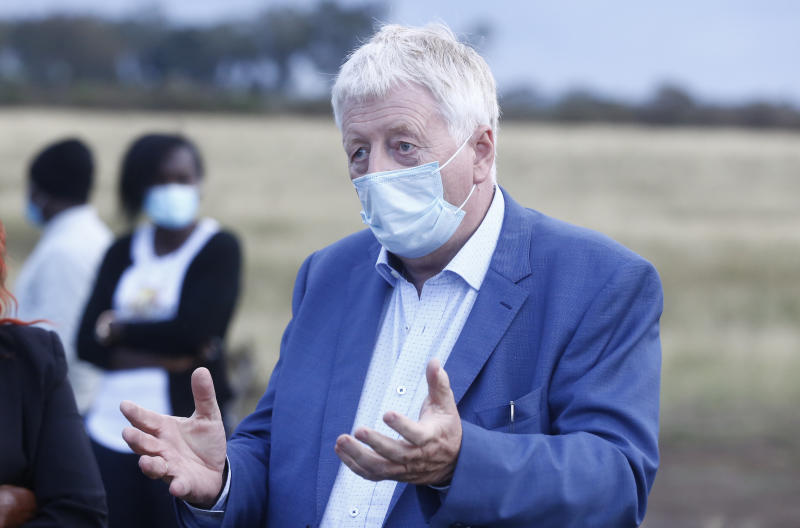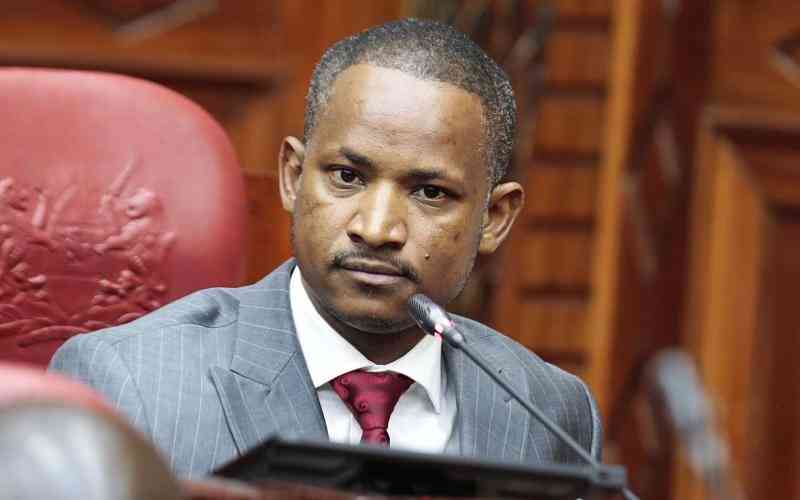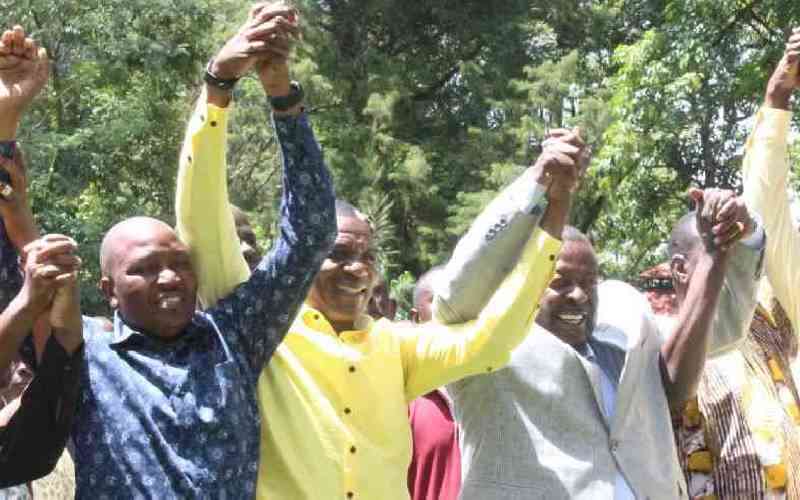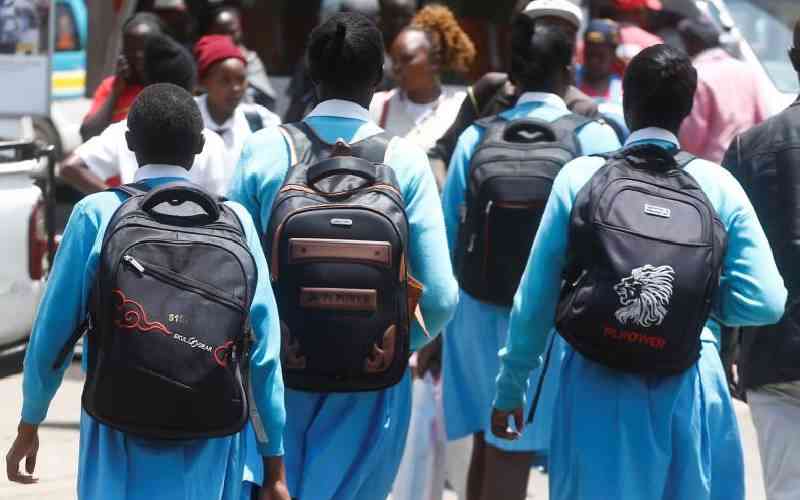Netherlands Ambassador to Kenya Maarten Brouwer during the launch of Agrico Potato Service Africa website at the farm in Ol-Rongai Nakuru on March 22, 2021.[Kipsang Joseph, Standard]
×
The Standard e-Paper
Stay Informed, Even Offline







